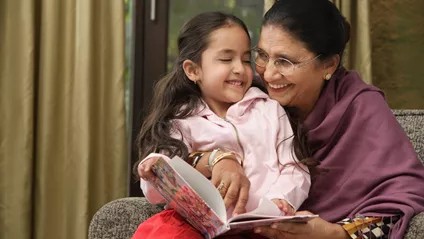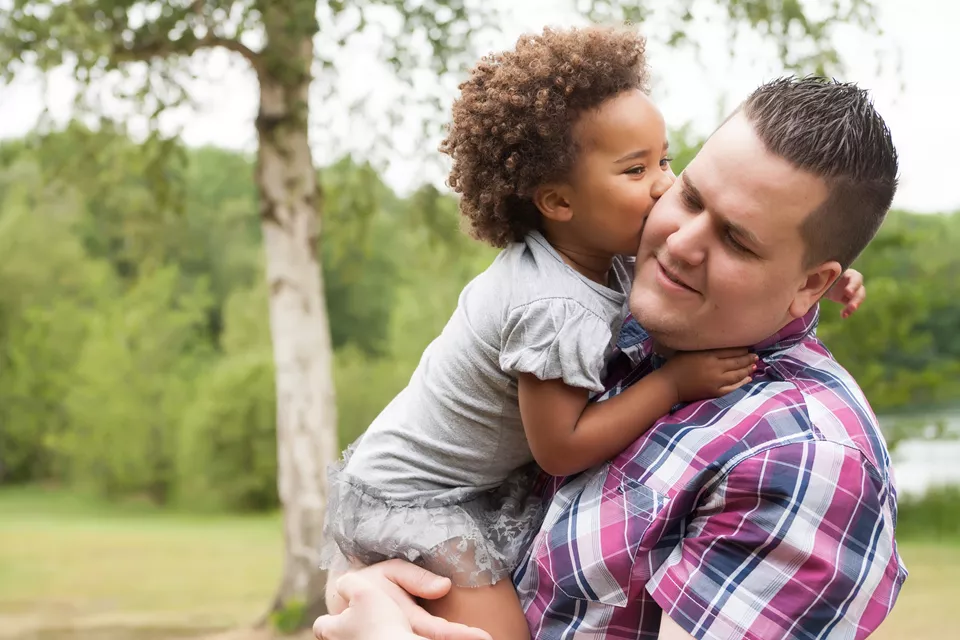What are the age restrictions for fostering?
We’re very happy to hear from younger foster parents who are under-represented, not just in our team, but across the foster parent population! There is no upper age limit, and we have many older foster parents, some of whom started fostering later in life and who work on well into the 60s, 70s and occasionally beyond.
Most foster parents tend to be older, typically 40 and above, probably because they are more settled in their lives and have more time on their hands. But it’s wrong to believe that we prefer older foster parents. We just want more caring people to join our team, whatever their age!
To help you decide, there are some things you might like to consider.
What is the minimum age to foster?
Understandably, we receive fewer applications from younger people, who are starting out in life and may feel they don’t have the skills or time to foster. This is a great shame because they have a lot to offer and can make great foster parents!
While it’s true that fostering requires a big time commitment and can impact on your social life, it can also bring many rewards and a wider circle of friends, thanks to all the activities and events we organise and the support groups we run. Also, our training will give you all the skills you need to become a successful foster parent, although it helps if you have experience of working with or caring for children – as an older sibling for example, or in a voluntary role.
It’s also worth considering that fostering can be a rewarding career in its own right, with development opportunities and ongoing training and the chance to specialise over a number of years. The financial rewards and incentives aren’t bad either!

What is the age limit to become a foster parent?
A national fostering survey in 2015 revealed that the majority (75%) of foster parents were aged over 45, with 30% aged above 55. Like all fostering agencies, ACS relies on this age group and we always need and welcome more! With age comes experience and wisdom, which we value. As we say there’s no upper limit, but you need to have the energy and ability to cope with the many physical demands of caring for young people. We’ll evaluate all this during your assessment, so if you’d like to make a difference, why not give it a go? Your life skills and experience are hugely valuable.


Faith-based Fostering

Am I Too Old to Foster?

Fostering a child with disabilities

Being a single foster parent

Work and fostering

Do need a spare bedroom?
Think you’d make a great foster parent?
Whether you’re ready to start your journey or just want to chat to an expert, we’re here to talk.
Enquiry
The company takes the requirements of GDPR seriously in ensuring the privacy and lawful processing of personal data provided to us by you. Please view our privacy notice which explains how the company will manage and use your personal data. This site is protected by reCAPTCHA and the Google Privacy Policy and Terms of Service apply.
Frequently asked questions
Can you foster if you have pets?
Yes you can, in fact pets can make a great addition to a fostering household for many children. Although having pets will be a matching consideration, for example for a child with allergies or if a child is frightened or can be mean to animals.
Do I have to be married to foster?
No you don’t. If you are applying as an unmarried couple we will ask you questions about the length of your relationship and how long you have lived together. If your relationship is new, we will ask you to wait before applying.
Do I need to speak more than one language as a faith-based foster parent?
Not necessarily – but it would help. As long as you have an understanding of customs and beliefs other than your own, or are open to other cultures, we will offer the support and training you’ll need to become a faith-based foster parent.
